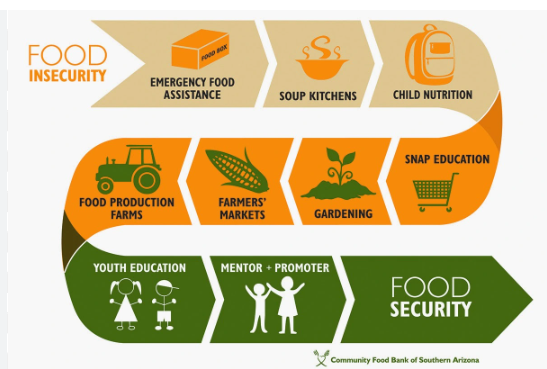If you take an unplanned approach when talking about the economy and try to see the whole picture with one eye, it is inevitable that you will be hit from your blind side at the end of the day. If you read the numbers unilaterally while making an evaluation, and even if you look at the promises rather than the programs during the election periods, you will not be able to get out of the hole you dug yourself.
There is a motto we hear every month from government reps. “We broke another export record in the history of the Republic”.
Sounds good, doesn’t it? But if you do not manage the economy from a planning perspective, if you look at the economy only from the point of view of export, you will only end up costing economic welfare. Indeed, that is what happens when AKP reps make economic policy.
For example, consider the statements by the Minister of Treasury and Finance, Nurettin Nebati, who spoke in Mersin recently. Putting aside his assumption that inflation and unemployment have fallen, I would like to draw your attention to his approach to exports.
Minister Nebati mentions that they will increase the current exports of 255 billion dollars to 400 billion dollars in 2028. But if we do the reading in terms of foreign trade balance, he does not mention that we paid over 110 billion dollars in trade deficits to sell 255 billion dollars’ worth of goods. If we go with this logic, when we reach 400 billion dollars, our loss, that is, our foreign trade deficit, will not be less than 200 billion dollars.
Whichever way you look at this logic, it shall bring a current account deficit financing problem of over 150 billion dollars in its wake. If you look at the issues only from the perspective of income, you will see that you cannot get out of maze. Nebati doesn’t see this, but I hope you do.
If we do not prioritize production in policy choices, if, contrary to what you say, you impose exchange rate risk on the producers in the country, if you ignore the costs, if you destroy the competitive advantage with the exchange rate, if the cost of using a loan has increased to 5 times the interest rate declared by the Central Bank; and financing cannot be reached, then you have not made very realistic choices.
Of course, the matter does not end here. It is seen once again how the whole food security planning issue, which we have been talking about for years, plays a vital role in this approach. I can’t think of not producing agricultural goods at home, or taming food inflation with imports. Because that’s what has been done in recent years.
But more importantly, even if you believe in sustained domestic production, it is important whether you know what you produce and why. If your whole consideration is export-oriented, after a while you will become the person selling the television at home to pay the electricity bill. In other words, foreign trade should not be viewed as an income item.
What is the clearest evidence of this? When we look at the results of the 100-day exports of the Western Mediterranean Region, there is a 33 percent increase in tomatoes and a 47 percent increase in green peppers. The intake from both of them is around 200 million dollars. Beautiful, right?
But if you are in a hurry to sell everything you produce abroad, without knowing what you need, your citizens will not be able to eat tomatoes, for they cost 20 to 30 TL per kilo, and peppers for 50 to 70 TL.
While this price increase melts the purchasing power of your citizens, it harms your fight against inflation, then, while inflation is fueled, the citizen, whose purchasing power decreases, starts to cut all his needs in the domestic market or turns to credit cards and falls into debt. Do you think this outcome is worth 200 million dollars?
A country’s export policy is not carried out in such an unplanned manner. First you make an inventory; You determine the needs of the domestic market. By producing to meet this need, you deliver goods to your people at reasonable prices, and by making money for your producer.
Then, after meeting the domestic consumption, you sell goods to the world by increasing your unit production with capacity increase and advanced production methods. This is called exporting. Otherwise, the whole enterprise is just a loss-making exercise.
You can adopt this approach for any field, from tomatoes to automobiles. But basically you should have an economic policy. If you think of exchange rate suppression as an economic program, then we still have a long way to go, a lot of bills to pay. Get well soon.
Translated from ParaAnaliz article, linked here
Follow our English language YouTube videos @ REAL TURKEY: https://www.youtube.com/channel/UCKpFJB4GFiNkhmpVZQ_d9Rg
And content at Twitter: @AtillaEng
Facebook: Real Turkey Channel: https://www.facebook.com/realturkeychannel/
